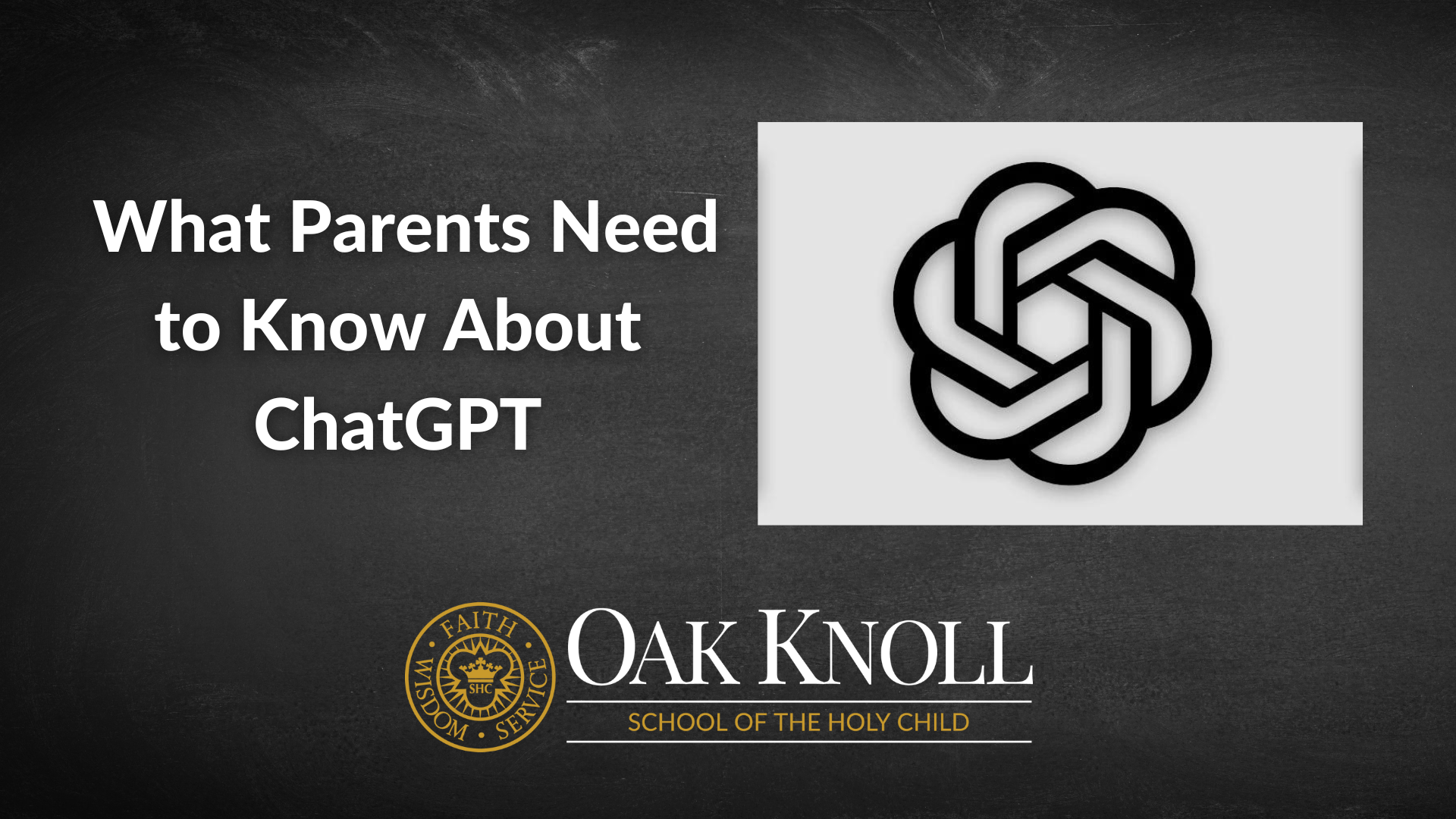New York City Schools have just blocked access to ChatGPT for all students and faculty. If you aren’t a technical person, you may be asking, “What’s ChatGPT?” If you are a tech person, skim over the next paragraph because you’ve probably been hearing about nothing but ChatGPT since last November when it was released.

ChatGPT is an artificial intelligence “bot” that individuals can interact with over the internet. Users can submit questions, requests, bits of computer programming and interact with the bot to produce content. The bot may produce content on the spot or ask questions in return in natural-sounding language to gather context. It apologizes when it misunderstands and generally converses with the user until it can produce the required content. ChatGPT can generate personalized content, blog posts, letters, and appeals. marketing materials, essays, computer code, translations, document summaries, and more.
Sounds helpful, right? So why has the NYC school system banned the bot? The chatbot’s ability to generate stunning essay responses to queries on various subjects has educators worried that writing assignments will be undermined and students will take shortcuts.
And that’s precisely what we did. We wanted to write a blog post about what parents should know about chatGPT, so we submitted the following request:
I'd like you to write me a blog post to tell parents of high school students what they should be worried about in terms of their children using ChatGPT for homework.
In seconds, here is what ChatGPT came up with…
As a parent of a high school student, it's important to be aware of the potential risks and benefits of using technology like ChatGPT for homework.
On the one hand, ChatGPT can be a valuable tool for helping students research and write papers, complete assignments, and improve their writing skills. The model can help students find information, generate ideas, and express themselves more clearly and effectively.
However, there are also some potential downsides to using ChatGPT for homework. One concern is that students may become too reliant on the model and lose the ability to think critically and independently. Additionally, ChatGPT is not always able to understand the nuances of a particular assignment or topic, and may produce inaccurate or inappropriate information.
To ensure that your child is getting the most out of ChatGPT, it's important to set clear boundaries and guidelines for its use. For example, you may want to limit the amount of time your child spends using the model, or have them show you their work before turning it in. Additionally, encourage your child to think critically and independently, and to verify any information they find through ChatGPT before using it in their work.
Ultimately, like any technology, ChatGPT has the potential to be both helpful and harmful. By being aware of the potential risks and benefits, and by setting clear guidelines for its use, you can help your child get the most out of this powerful tool while minimizing the potential downsides.
Pretty amazing (and yes, a little bit frightening!)
For more on ChatGPT, here are a list of interesting resources:
ChatGPT: Everything You Need to Know
Though somewhat over-billing itself with the title, this primer outlines what ChatGPT is, who created it, how you can use it, what it can be used for, and it’s potential limitations.
NYC education department blocks ChatGPT on school devices, networks
This article explains the NYC decision to prevent access to ChatGPT from public school equipment and indicates there may be a ripple effect.
Can Anti-Plagiarism Tools Detect When AI Chatbots Write Student Essays?
This article shares the story of a student who used ChatGPT to commit academic dishonesty (making money in the process) and asks, “Can anti-plagiarism tools detect when AI chatbots write student essays?”
Computers have learned to write. But here’s why AI should really worry us
This article takes a wider view of AI in general and raises essential questions about the technology and its use in various fields.
AI in Education and Its Ethics
This article examines ethical considerations regarding the use of artificial intelligence in education.
AI Ethics: What It Is and Why It Matters
Just as the title implies, this article outlines the basics of AI ethics and explains why it matters, particularly at a business level.
AI Code of Ethics
More on the importance of establishing an AI code of ethics and the future of AI ethics.
The Role of AI in the Future of Education
This article discusses how AI can be used productively in the classroom.
AI Can Write Essays: What Does This Mean for Educators?
The author poses some open-ended questions for educators relating to using AI in writing assignments.



